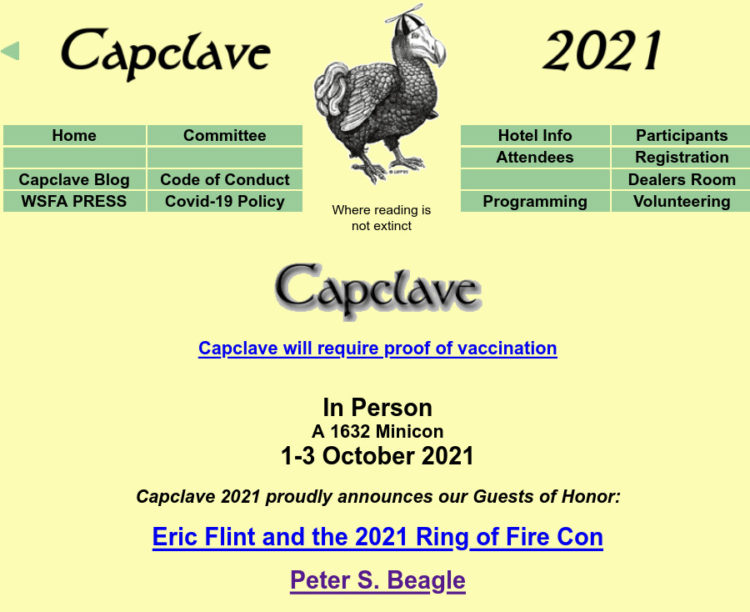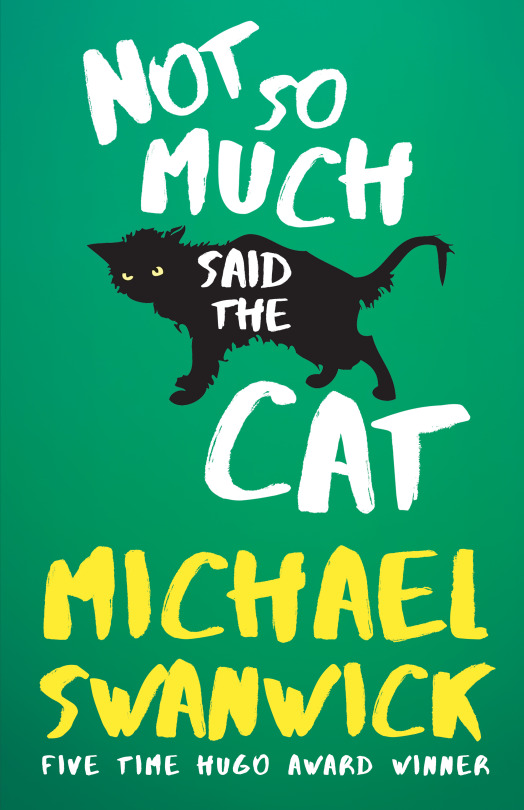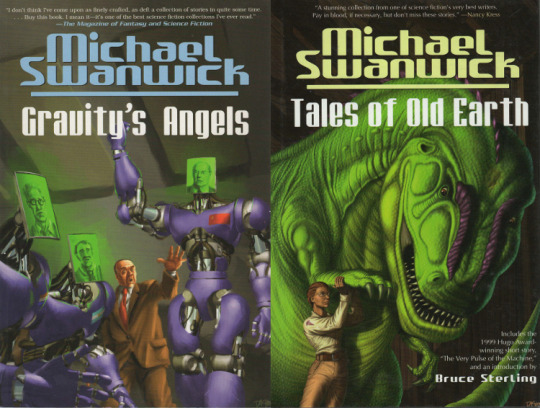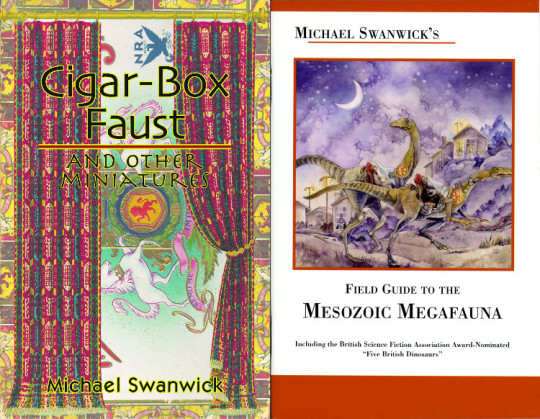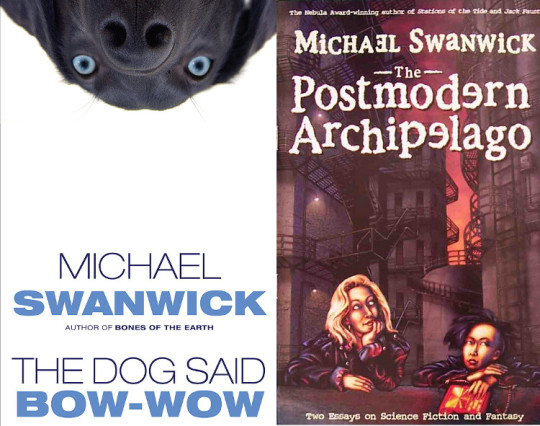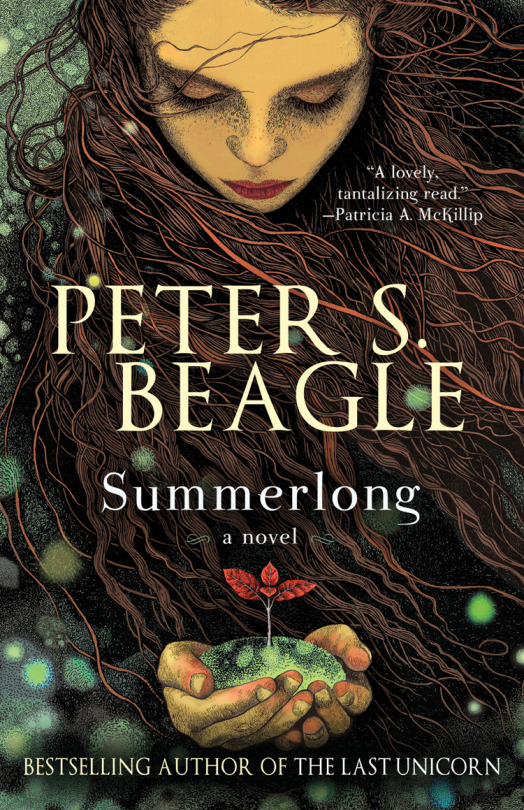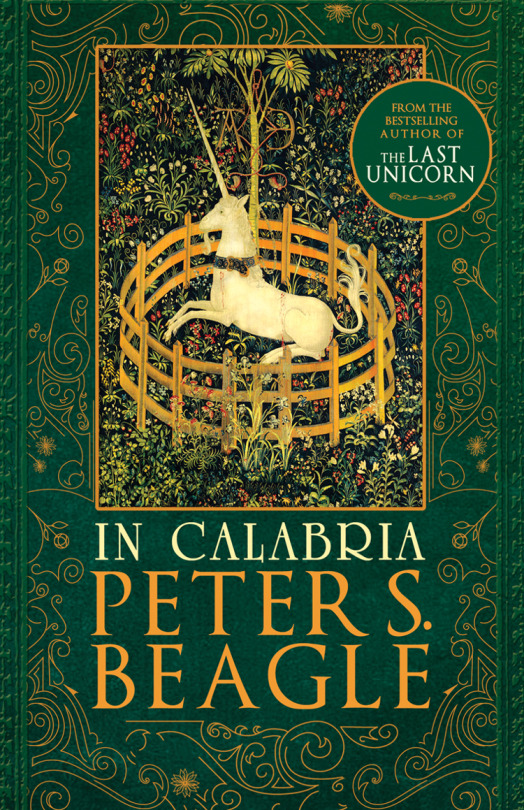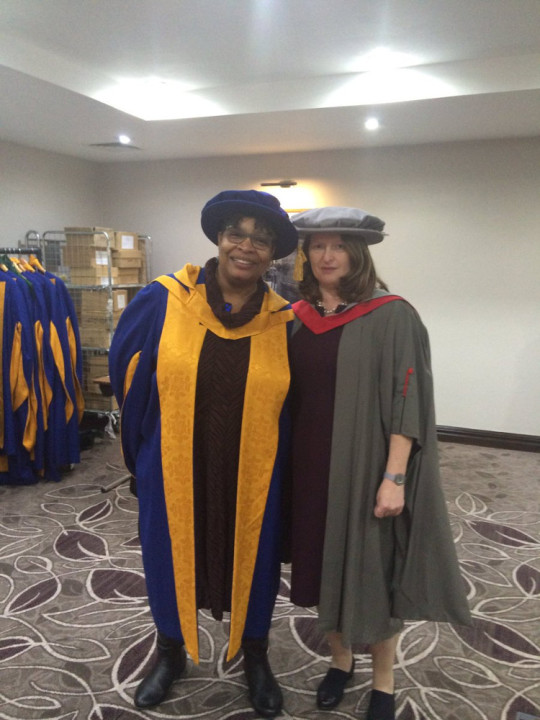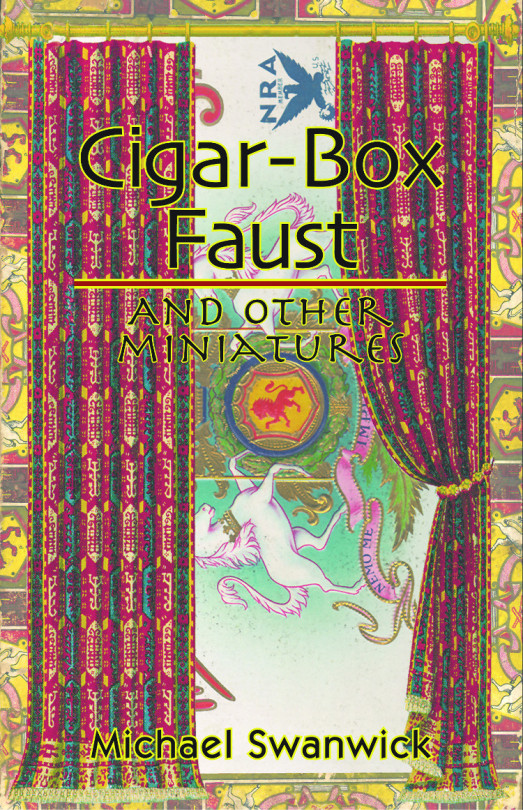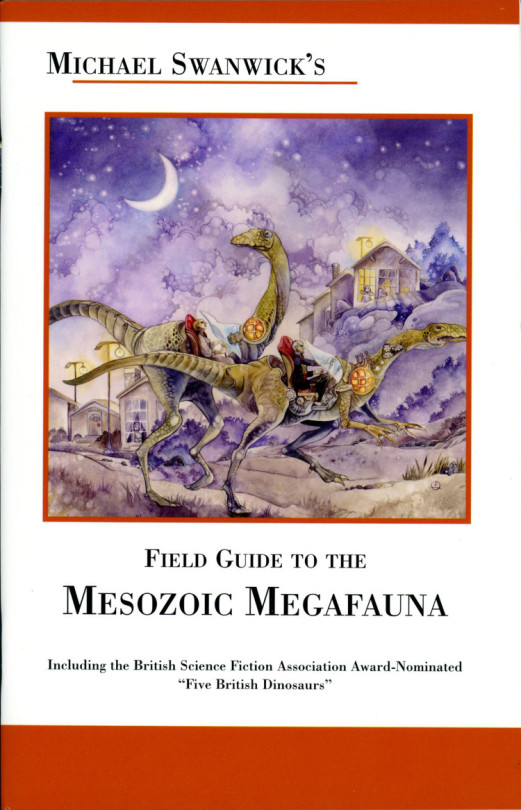Join Peter S. Beagle and Michael Swanwick at Capclave 2021
Tachyon authors Peter S. Beagle and Michael Swanwick are attending Capclave 2021 in Rockville, Maryland, October 1-3.
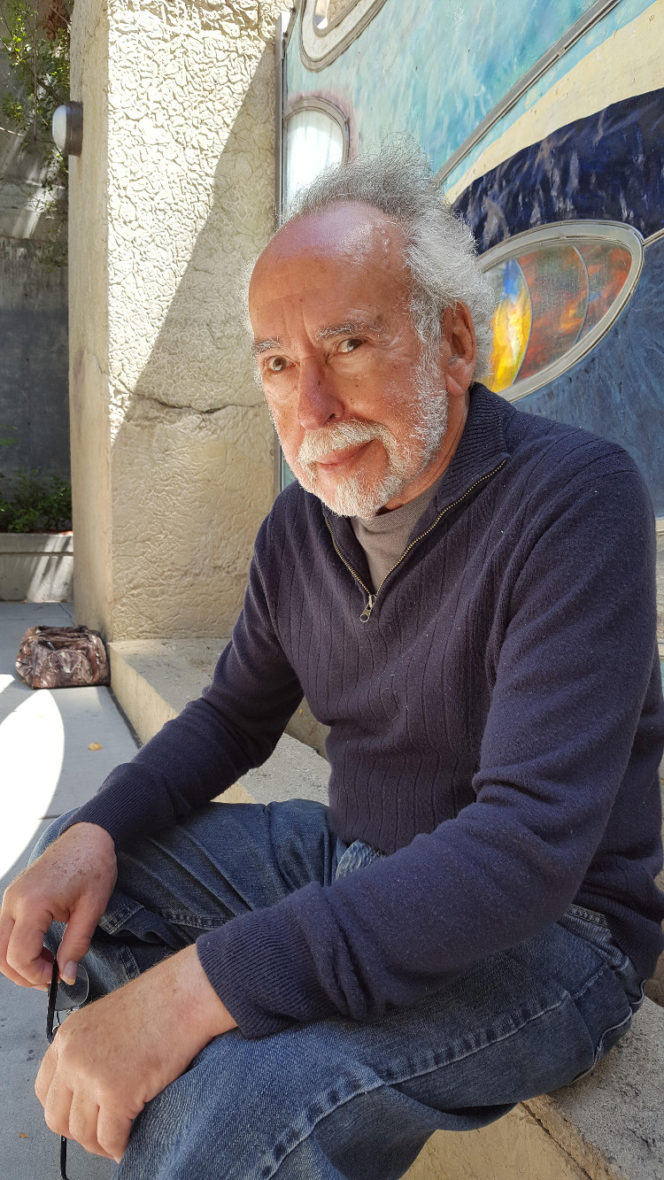
Photo by Rina Weisman 
Photo by Beth Gwynn
Sponsored by the Washington Science Fiction Association, Capclave is a small relaxed literary convention with a program that usually focuses on the short fiction form. Guests of Honor and other notable authors, editors, artists, and fans of the short fiction form will explore the creation and enjoyment of short fantasy and science fiction genre stories.
Both Beagle and Swanwick will be participating in many of Capclave’s large selection of readings, signings, and panels.
Friday Oct 1
7PM
I’ve Done My Research & You’re Going to Like It
Participants: Mark Huston, Alan Smale (M), Michael Swanwick, Darcy Wold
Writers will often do extensive (and possibly even excessive) background research in the service of worldbuilding, character development and setting description. How much of this research is safe to include in the final story? How do you avoid pulling the readers down the rabbit hole of unneeded detail? What can you do to make the results of your research intriguing and entertaining, rather than boring?
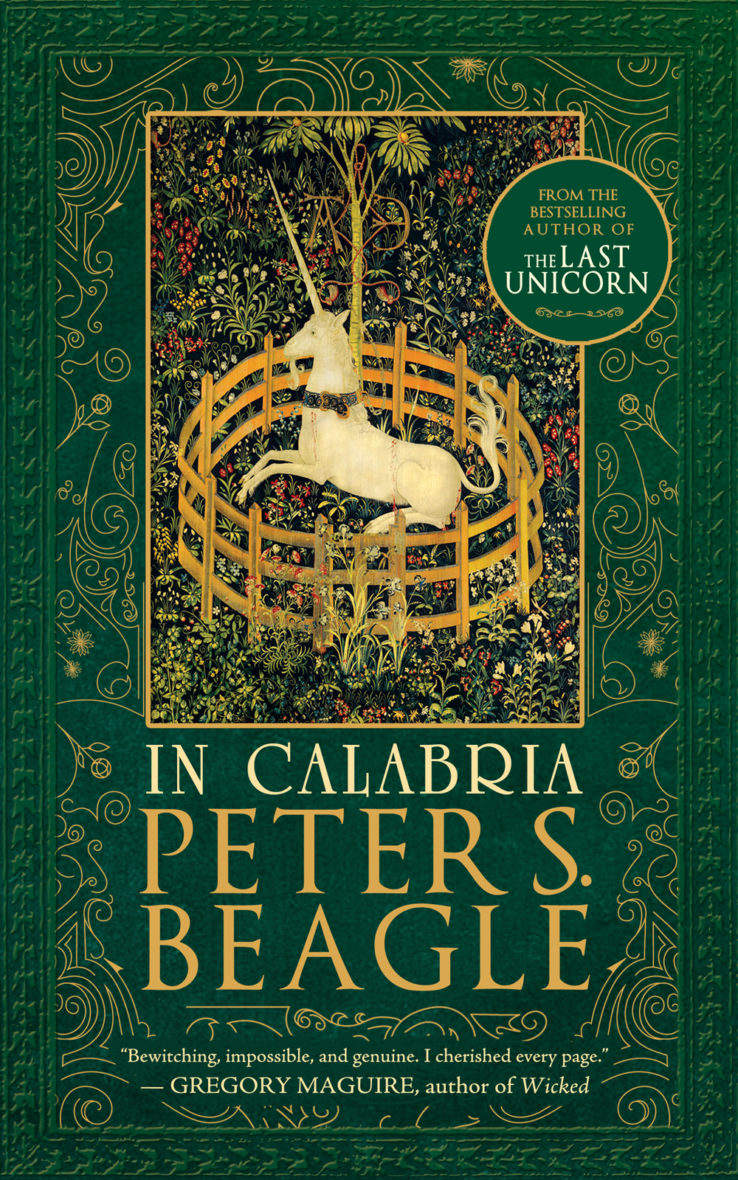
Cover desgn by Elizabeth Story 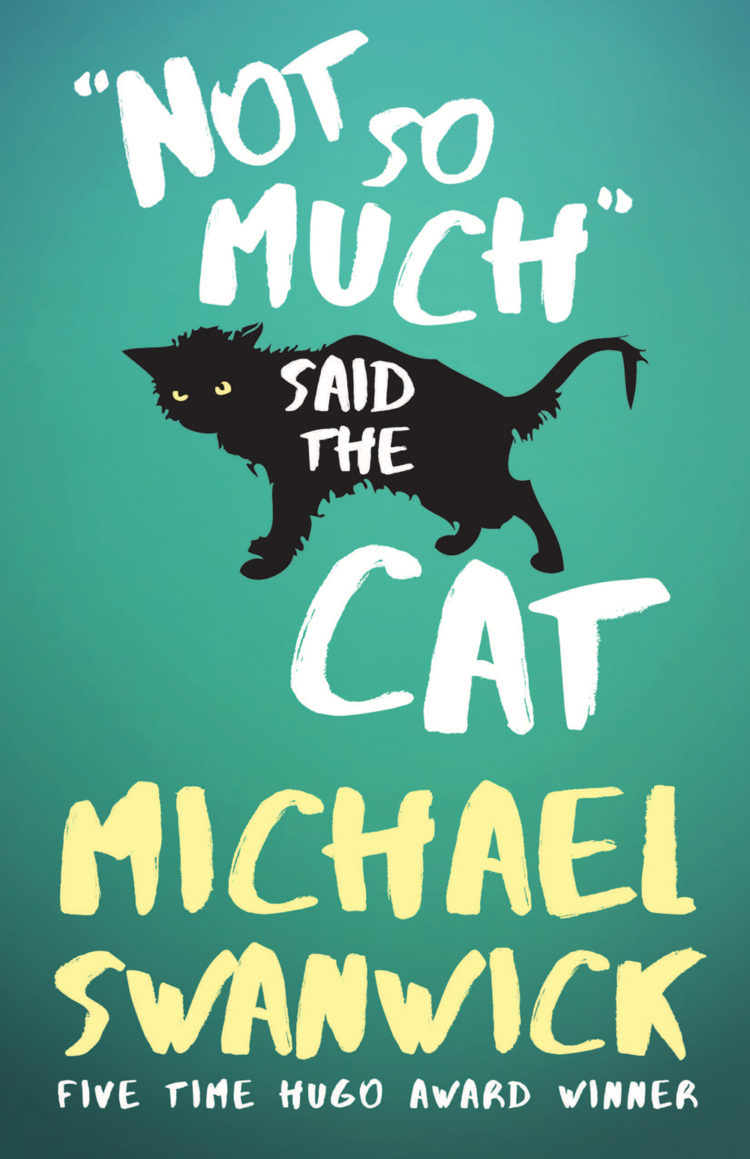
Cover design by Elizabeth Story 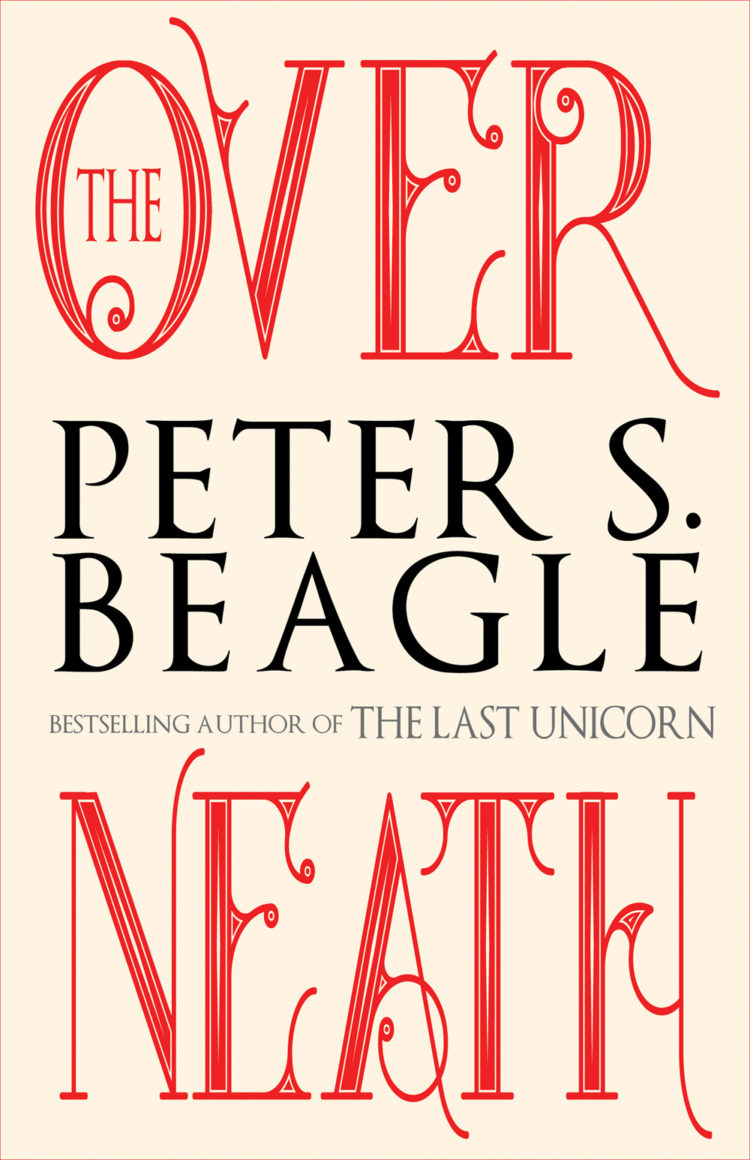
Cover design by Elizabeth Story
Saturday Oct 2
11AM
Non-Traditional Protagonists
Participants: Peter S. Beagle, Mary Fan, Aliza Greenblatt, J. S. Kelley, Jennifer Povey (M)
The typical protagonist is an unmarried young white male (or more recently female). But what about protagonists who don’t fit this mold. What about older characters, non-white characters, and characters with disabilities or handicaps? How does changing the protagonist change the story? And are there stories that require such a character to be told?
1PM
Yesterday’s Tomorrows and Today’s Futures
Participants: Eric Flint, Carolyn Ives Gilman, Sarah Pinsker, Michael Swanwick, David Walton (M), Ted Weber
Writers of SF’s golden age considered the year 2021 to be the distant future. How does our present compare with what they envisioned? What did they get right and wrong? Why did they imagine this future world as they did? What did they never imagine changing and what unconscious assumptions proved to be completely incorrect? How are today’s writers making similar mistakes with the unconscious assumptions about today’s world? What futures might emerge from our own day?
2PM
All Writing is Political
Participants: Natalie Luhrs, Michael Swanwick, Caias Ward, Joy Ward, A.C. Wise (M)
Some critics say SF, Fantasy, and Comics have become too political. Has there been a change in the political content from the days of Brave New World, 1984, and Starship Troopers? Should entertainment be free from politics? Is it even possible? When something claims to be apolitical, what is it actually supporting? How can we be more conscious of the political implications of our own work?
3PM
Guest of Honor Interview — Peter S. Beagle
Ghost Stories
Participants: Tom Doyle, Dina Leacock, Darrell Schweitzer (M), Michael Swanwick, A.C. Wise
Humans have been telling ghost stories since the first campfire. Peter S. Beagle has ghosts in ‘A Fine and Private Place’ and ‘Tamsin’. What is so attractive about ghosts? How are ghosts used in fiction – both in scary stories and non-horror fantasies? Are ghosts more important in cultures with religions focused on the afterlife? What are some of the best ghost stories in fiction? Do you believe in ghosts and if so why?
4PM
Author Reading — Michael Swanwick

Cover by Ann Monn 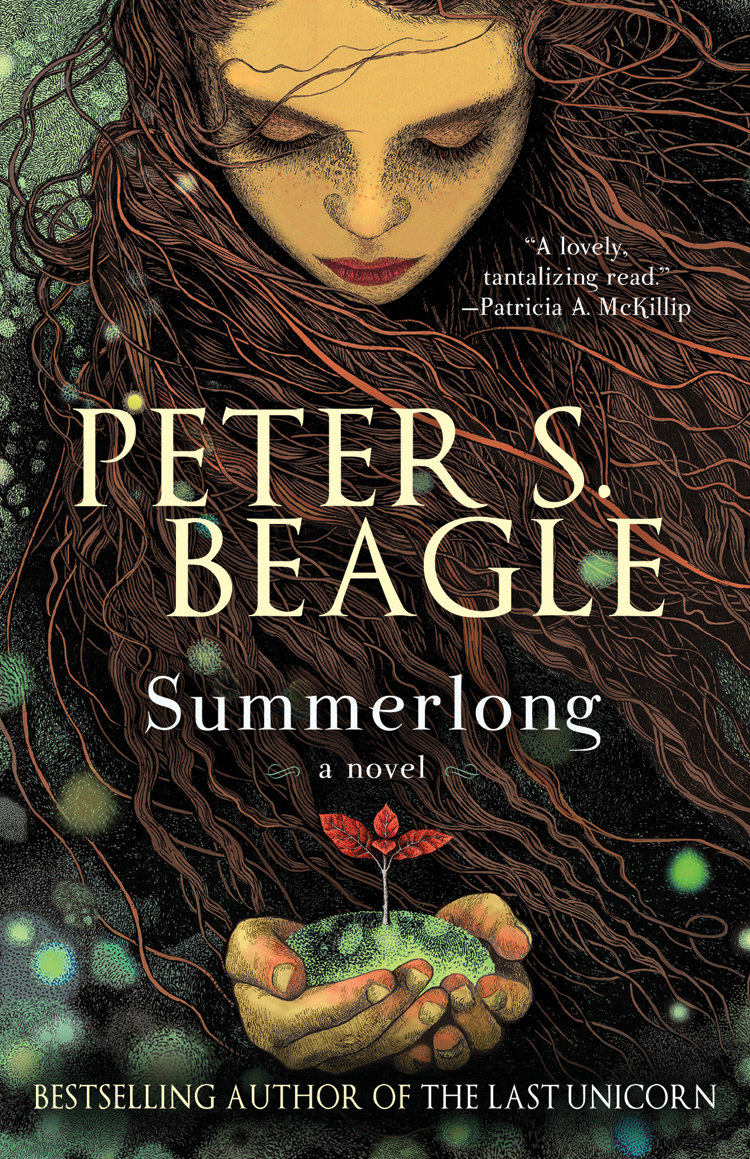
Cover art by Magdalena Korzeniewska Design by Elizabeth Story 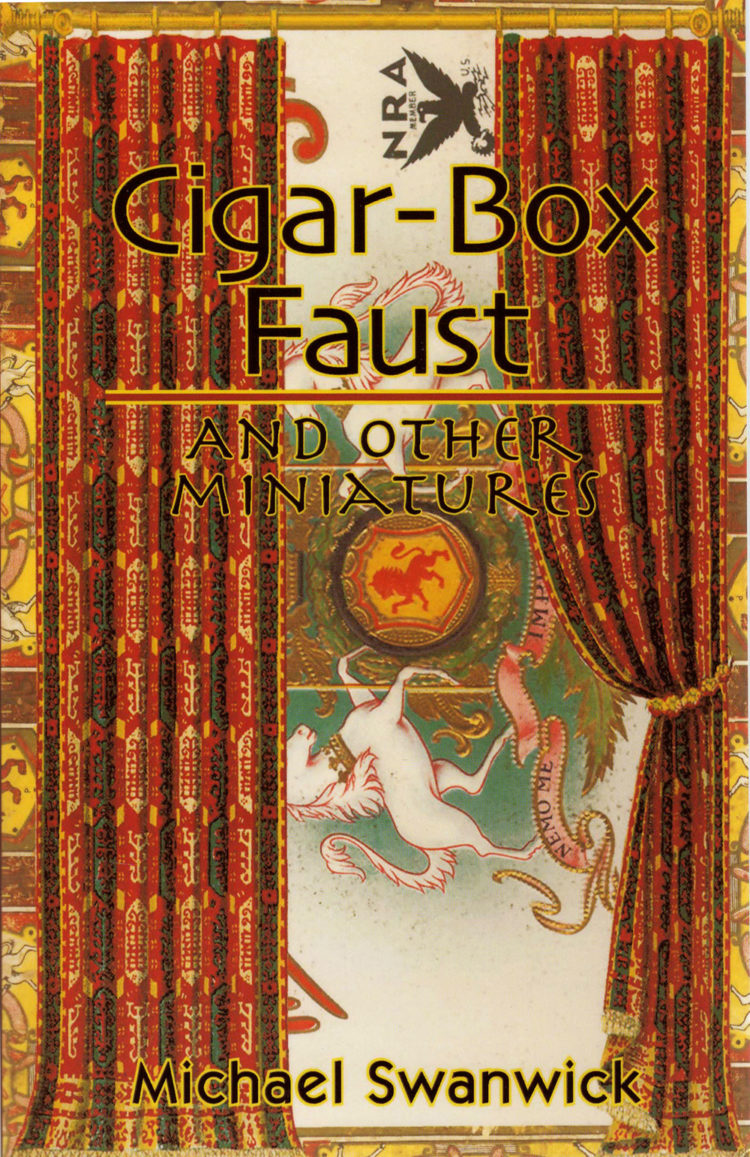
Cover by Freddie Baer
Sunday Oct 3
11AM
A Century of Robots
John Ashmead (M), Jennifer Povey, Michael Swanwick, Joy Ward
The play RUR (Rossum’s Universal Robots) premiered in January 1921. This play was the first to use the word robot for a scientifically created mechanical worker. Why has the concept of robots been so popular? How have robots evolved in fiction?
Convincing Fantasies
Participants: Scott H. Andrews, Peter S. Beagle, Leah Cypess, Karlo Yeager Rodriguez, Jean Marie Ward (M)
Some fantasies ring true while others just lie flat. What makes some fantasies work and others not? Is it the background? The magic system? The political or economic structure? Or the writing? What can writers do to make their worlds more convincing?

